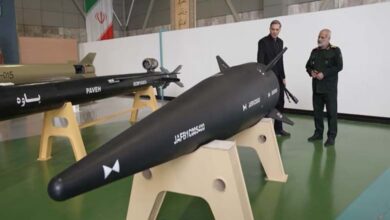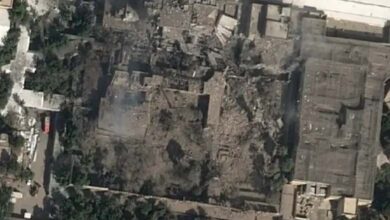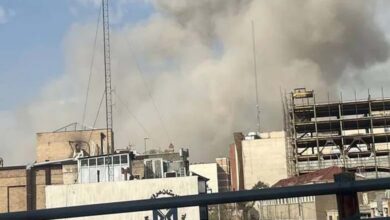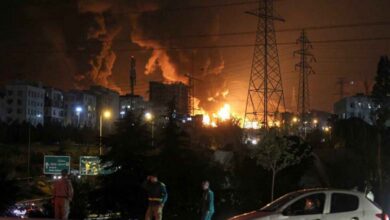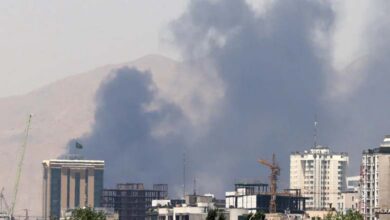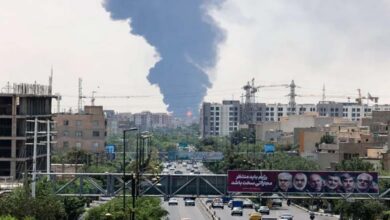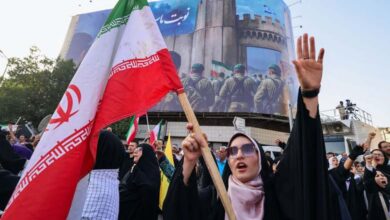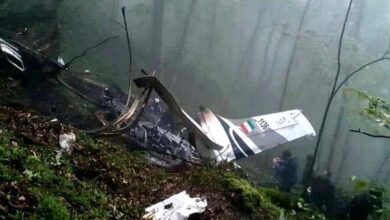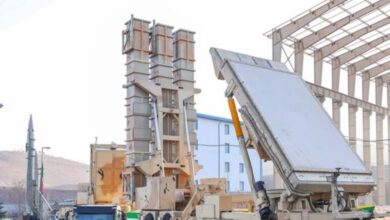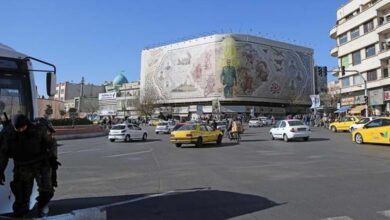Presidential Elections Begin in Iran Under the Supreme Leader’s Shadow
The next president is unlikely to make a significant difference in Iran's policy regarding the nuclear program or support for armed groups across the Middle East.
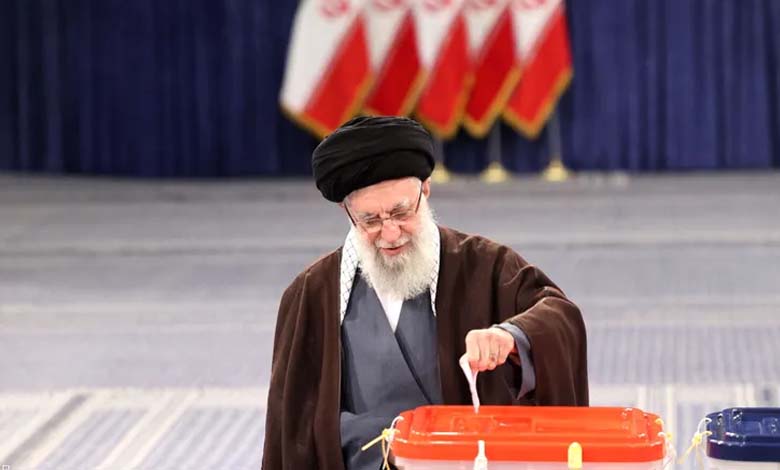
Iranians began voting today, Friday, to choose a new president after the death of President Ebrahim Raisi in a helicopter crash. They are selecting from a list of four candidates loyal to the Supreme Leader, chosen under strict criteria amid growing public discontent.
Polling stations opened at 8 a.m. local time and will close at 6 p.m., but voting hours are often extended until midnight.
This election coincides with escalating regional tensions due to the war between Israel and Iran’s allies, Hamas in Gaza and Hezbollah in Lebanon, as well as increased Western pressure on Tehran regarding its rapidly advancing nuclear program.
Although the elections are unlikely to lead to a significant shift in the Islamic Republic’s policies, their results could impact the selection of a successor to Supreme Leader Ayatollah Ali Khamenei, 85, who has held the position since 1989.
Khamenei has called for a high voter turnout to dispel the crisis of legitimacy facing the regime due to public discontent over economic hardships and restrictions on political and social freedoms. He told state television after casting his vote, “The solidity, strength, dignity, and reputation of the Islamic Republic depend on public participation… High turnout is a crucial necessity.”
Voter turnout has declined over the years amid dissatisfaction from the predominantly young population regarding political and social restrictions.
As ballots are counted manually, the final result is expected to be announced within two days, with the possibility of early indicators sooner.
If no candidate receives at least 50% plus one vote, including blank ballots, a runoff will be held between the top two candidates on the first Friday after the election results are announced.
Three of the candidates are hardline conservatives, while the fourth is relatively moderate and backed by the reformist faction, which has been largely marginalized in Iran in recent years.
Critics of Iran’s clerical rule say that the low voter turnout, which declined in previous elections, shows the erosion of the regime’s legitimacy. Only 48% of voters participated in the 2021 elections that brought Raisi to power, while the parliamentary election turnout reached a record low of 41% three months ago.
The next president is unlikely to make a significant difference in Iran’s policy regarding the nuclear program or support for armed groups across the Middle East, as Khamenei holds the reins of state affairs and makes key decisions. However, the president manages the government’s daily tasks and can influence the country’s domestic and foreign policy.
The Guardian Council, composed of six clerics and six jurists loyal to Khamenei, approved a list of six candidates out of the 80 presidential applicants. Two candidates later withdrew.
-
President aims for Khamenei’s position… Details
-
Khamenei: US enmity toward Iran would continue after Trump departure
Among the remaining hardliners are Mohammad Bagher Ghalibaf, the Speaker of Parliament and former commander of the Revolutionary Guards, and Saeed Jalili, a former nuclear negotiator who worked for four years in Khamenei‘s office. The only relatively moderate candidate is Massoud Pezeshkian. Pezeshkian is loyal to clerical rule but advocates for easing relations with the West, economic reform, social liberalization, and political plurality.
His chances depend on inspiring reformist-leaning voters, who have largely abstained from voting over the past four years after previous pragmatic presidents achieved little change. He could also benefit from his rivals’ failure to unite hardline conservative votes.
-
Iranian uprising: Clashes, international condemnation and Khamenei’s isolation from seminaries
-
Rouhani said he asked Khamenei for utmost greater “competition” in the election.
The four candidates have pledged to revive the struggling economy, which suffers from mismanagement, corruption, and sanctions reimposed since 2018 after the United States withdrew from the nuclear deal signed by Tehran in 2015 with six world powers.
Iranians have widely used the hashtag #Circus_Elections on the social platform X over the past few weeks, with calls from activists inside and outside the country to boycott the vote, saying that a high turnout would legitimize the regime in the Islamic Republic.


